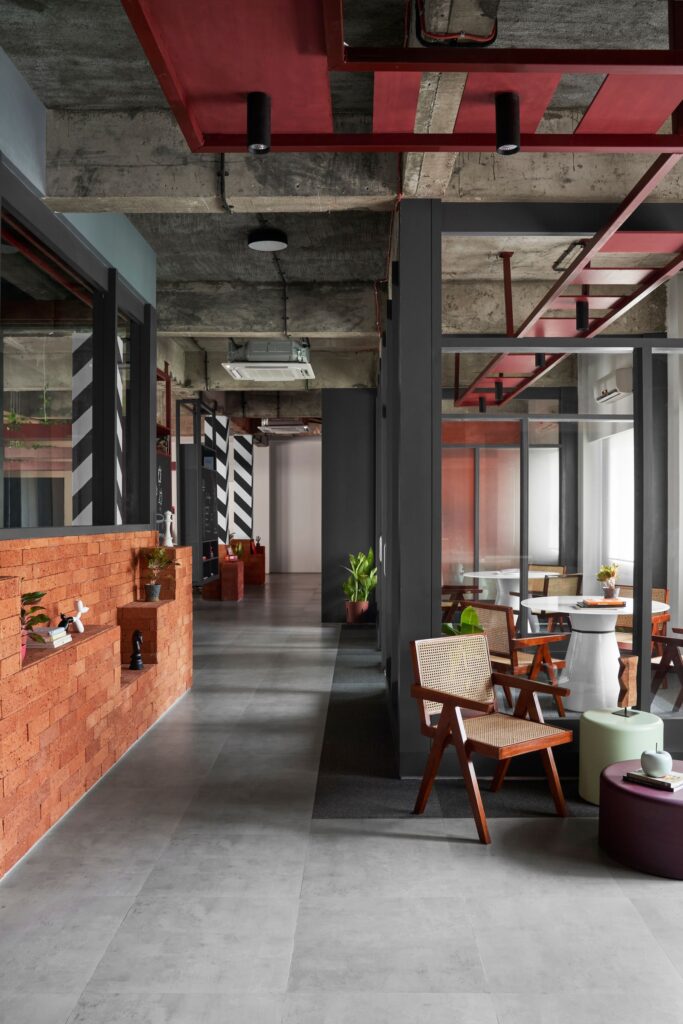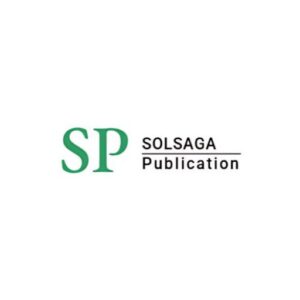Discover how Anomalia is revolutionizing mushroom furniture in India using mycelium — eco-friendly, durable, and biodegradable by design.
Table of Contents
In just a few years, Anomalia, a Mumbai-based architecture and design collective founded in 2022 by Bhakti Loonawat and Suyash Sawant, has become a name to reckon with. Their bold experiments with materials, especially mycelium (the root structure of fungi), are positioning them at the intersection of design, sustainability, and technology.
From growing furniture out of mushrooms to crafting façades showcased on global stages, Anomalia is redefining what it means to build and design in the 21st century.

Anomalia Academia is our learning and research wing, where design meets experimentation, workshops, and knowledge-sharing to shape the future of sustainable architecture.
Media Spotlight: Recognition Across the Globe
Anomalia’s pioneering work has been widely covered by both Indian and international design media:
- DesignBoom (2024–25): Showcased their MycoMuseum project, including biodegradable mycelium blocks and recyclable leather-like textiles, applauding their vision of design as a circular, regenerative process.
- Architectural Digest India (2023): Featured Anomalia’s work as a sign of a new design language emerging from India — one that marries global aesthetics with local craft traditions.
- Architecture + Design (2022–23): Published in-depth features on their architectural innovations, spotlighting how Anomalia blends computational tools with analogue methods to produce designs that feel timeless yet futuristic.
- Elle Decor India (2022–23): Recognized their playful yet sustainable approach to interiors and products.
- Architect & Interiors India, India Design World, and others: Highlighted their role as part of the new wave of Indian designers challenging conventional models of production while supporting artisans and eco-conscious innovation.
This consistent visibility reflects not just their originality, but also their ability to influence the global conversation on sustainable design.
From Cupcake Trays to Biennales
Anomalia’s experiments started during the pandemic with something as humble as growing mushrooms in cupcake trays. Within just three years, those experiments scaled up into modular mycelium blocks capable of carrying massive loads and transforming into stools, partitions, or furniture.
Their bold vision took them from Mumbai’s workshops to the world stage:
- Venice Biennale (2025): Exhibited their fungi-grown designs at one of the world’s most prestigious design forums.
- Seoul Exhibition: Unveiled a 4m x 2.4m mycelium façade, demonstrating the architectural potential of fungi-based materials.
Our work with mycelium received a significant boost through the Godrej Design Lab Fellowship Program, which provided the perfect platform to advance our research and design explorations.
In 2023, as part of Conscious Collective hosted by Godrej Design Lab, we presented our keynote, Material Manifesto, where we shared our insights on running a research-driven, innovation-based design practice. We focused on the potential of unconventional materials like mycelium and their role in sustainable design.
Watch our talk here:
Why Their Work Matters
At its core, Anomalia is about more than design objects. It’s about rethinking the future of materials in a way that benefits both people and the planet.
- Circular Design: Products are designed to biodegrade and safely return to the soil.
- Community Impact: Engaging farmers by repurposing crop waste, offering them new economic opportunities.
- Sustainable Aesthetic: Proving that sustainability doesn’t mean compromise — their furniture is elegant, modern, and desirable.
- Tech Meets Craft: Using computational design alongside traditional practices to create innovation that feels both futuristic and grounded.
A Movement in the Making
Through their work, Anomalia is shaping a movement for conscious design in India. Their projects inspire other architects, creators, and entrepreneurs to embrace sustainability not as an add-on, but as a core philosophy.
Every piece of furniture, every block, every exhibition tells the same story:
that design can grow, breathe, and return to the earth.
The Road Ahead
With growing recognition from publications like DesignBoom, Architectural Digest, and Elle Decor, Anomalia is carving a space for India on the global sustainability map. Their dream — to one day grow an entire house out of fungi — no longer feels distant.
If their trajectory so far is any indication, Anomalia is not just part of the future of design. They are helping create it.
Recent updates –
🔗 Read More on Indian Craft Revival
Discover how traditional artistry is finding new life through design innovation.
all images courtesy: Anomalia
🔑 Key Takeaways on Anomalia & Mushroom Furniture
- Founded in 2022 by Bhakti V. Loonawat & Suyash Sawant in Mumbai.
- Core Idea: Grown, not built — furniture and materials made with mycelium, the root network of fungi.
- Circular Design: Products serve their use, then biodegrade and return to soil within ~180 days.
- Experiments:
- Started with mushrooms in cupcake trays during the pandemic.
- Developed MycoBlox — lightweight yet strong modular blocks (1.5kg supports 1.5 tons).
- MycoLiving — vegan leather alternatives from mycelium.
- Global Recognition:
- Showcased at Venice Biennale 2025 and Seoul with a 4m × 2.4m mycelium façade.
- Featured by DesignBoom, Architectural Digest India, Elle Decor India, The Better India, The Nod and more.
- Impact:
- Repurposes agricultural waste (reduces pollution from burning).
- Provides alternative income streams for farmers.
- Inspires sustainable design thinking in India.
- Challenges: Contamination, moisture, shrinkage, funding, and small-batch scalability.
- Vision: One day, to grow an entire house from fungi — walls, partitions, and roofs.

